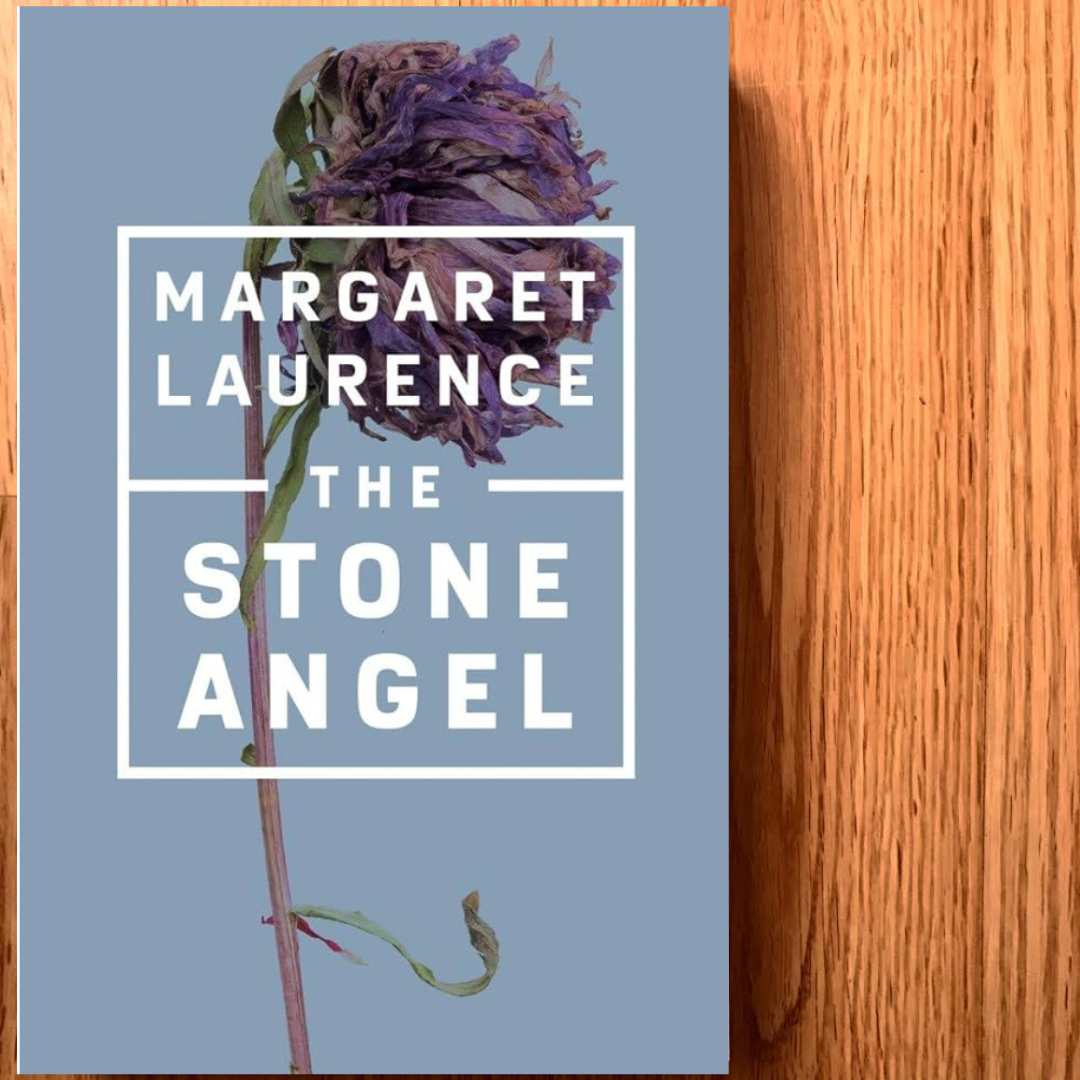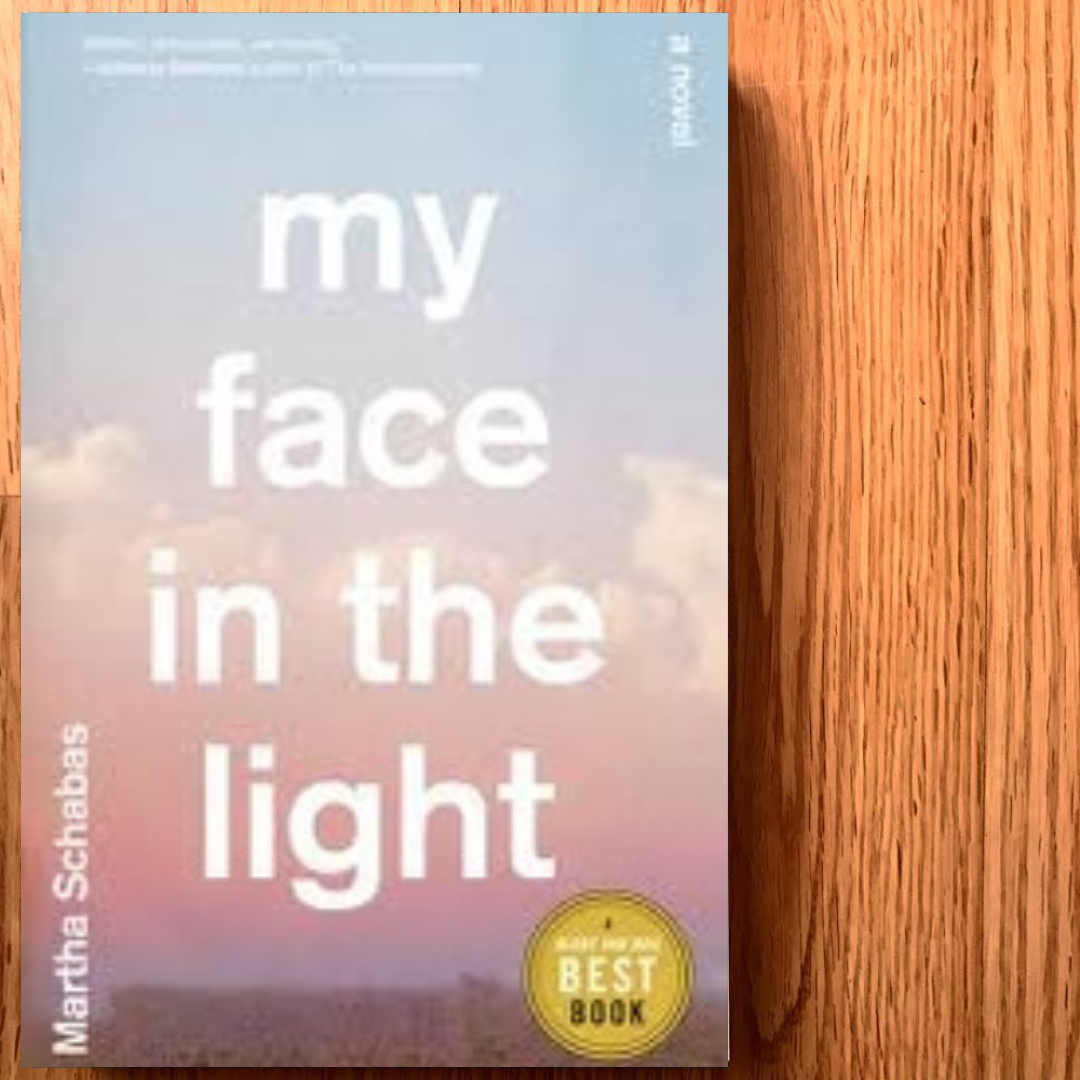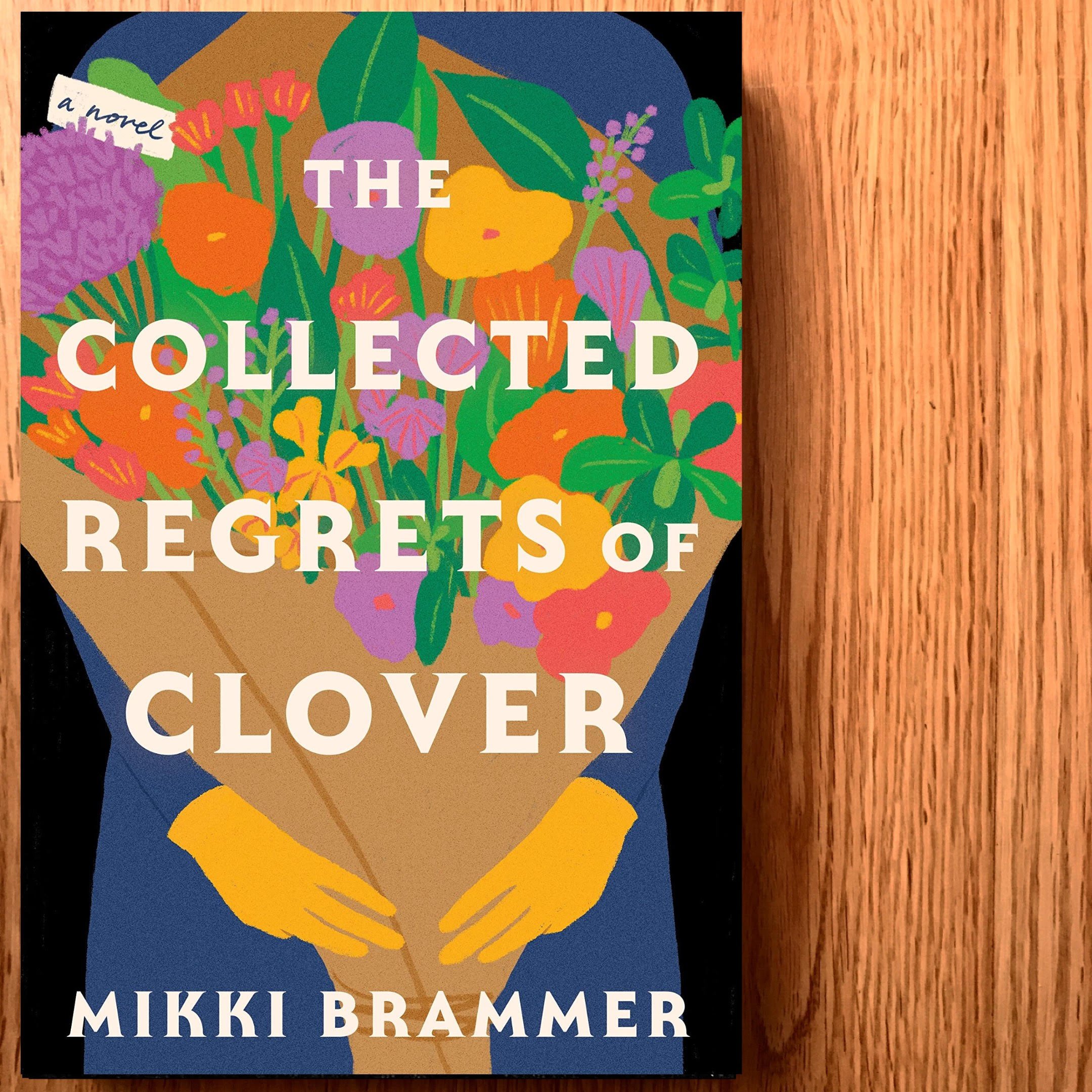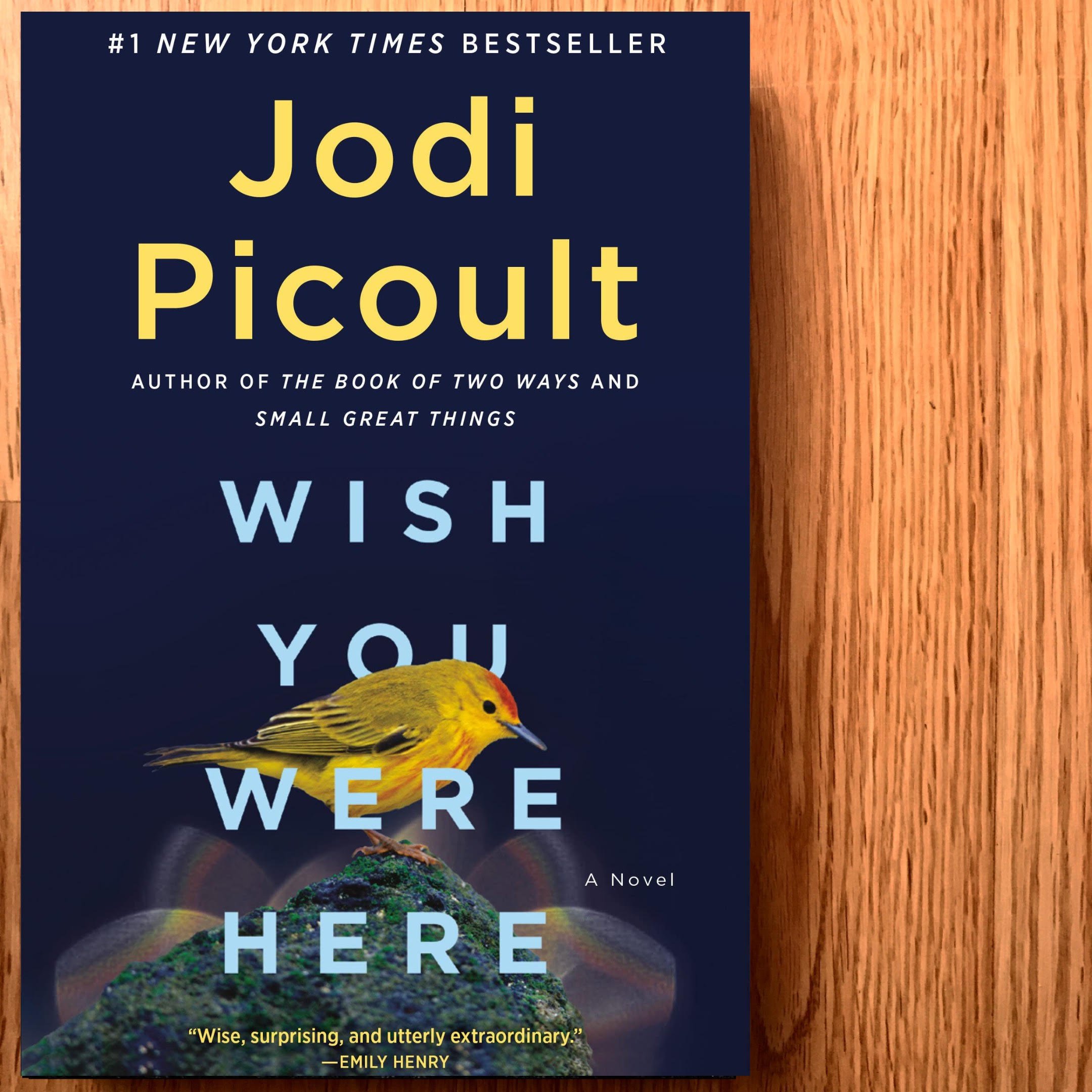By Sara Hailstone
Written over 60 years ago, Margaret Laurence brought to life the iconic character of Hagar Currie Shipley in The Stone Angel. The novel spans decades of Hagar’s life and brings the reader into the mind of an elderly woman facing the final throes of an emotionally isolated life. This old woman is suspicious of those around her, what they plan of her final days and pushes us head-on into the narrative of a past life ridden with turmoil and hardship. What cumulates is the old woman’s resistance to being placed in a nursing home. The Stone Angel is a novel in which the reader cannot take sides, or the reader will risk leaving the story not liking the main character — or they will love her very much.
Laurence has carved out a pedestal for Hagar with The Stone Angel as a memorable figure of modern literature. A difficult woman yet, a narrative that follows the hardship that she faced, especially around her final years. Society was not used to a story told from this point-of-view, and I think we needed it.
Hagar was the daughter of an ambitious and disciplined Scottish merchant, and it is evident from her childhood memories that she sought her father’s approval. Yet she married Bram Shipley whom her father disproved. She is disowned and her father dies without seeing her, saying goodbye, or even meeting his grandsons. Laurence authentically shows that we usually resemble those who raised us, hurt us, and despite our individual borders, we mirror them. Hagar lives like her father, without joy, strung between life events in a grueling cloud of grit and domestic perseverance. She does not share her inner self with her husband and sons, they do not receive maternal gentleness, and neither does her sister-in-law in later years. Her husband, an inconsistent and rough man with a brash temperament, mortifies Hagar and is resentful of her and her sons. Laurence displays a detailed narrative of intrafamilial dysfunction.
Late in life, Hagar is a fiery woman severely skeptical of the true intentions of care from her son Marvin and his wife Doris. In her mind, they are out to get her, and with a raging willpower, she’s determined they will not capture her. She possesses a critical tongue and unrelenting wit that leaves a memorable echo of this literary character. We see the consequences of a life without love.
The plot jerks around Hagar’s eventual temporary escape from Marvin and Doris. She takes a bus to a summer place she assumes will be habitable and a refuge from the fate of a nursing home. Facing the crux of her physical deterioration and surviving for some days in an abandoned mouldy space, exposed to the elements, a male neighbour finds her isolated and on the brink of social composure.
“He stares at me, and then I’m aware of myself, crouching among thee empty boxes, my cotton housedress bedraggled, my face dirt-streaked, my hair slipped out of its neat bun and hanging down like strands of gray mending wool.” She is covered in dead June bugs that she’s adorned herself with earlier in almost play, a theatrical crown, she could “die with mortification.”
They share a jug of red wine and Hagar relays her life story to this stranger. A final testament, perhaps an opportunity with the reader for redemption. The situation is unsettling and compelling. Laurence’s prose can point us in these damning final moments to introspection, witnessing what a hard life for women and the aging process does to our relatives.
Laurence composed The Stone Angel as one of five books set in the fictional town of Manawaka. After writing about Africa, Laurence felt a need to come home to her writing and depict what she knew. The other novels, A Jest of God, The Fire-Dwellers, A Bird in the House, and The Diviners. Born in Neepawa, Manitoba in 1926, Laurence became a household name with her novels mirroring and embellishing rural Manitoba society. She did spend some time in Africa and England but finally settled in Lakefield, Ontario, in 1974 where she died in 1987. She has won two Governor General’s Awards for fiction. She crafted unforgettable and legendary characters who have rightfully taken their place in the fabric of a Canadian literary canon.
The meaning of Hagar’s name is “flight” and “forsaken.” She is a “stranger and one who fears.” Hagar was also a biblical figure in the Old Testament, a handmaid to Abraham’s wife Sarah and in other understandings, a concubine driven into the desert with her son Ishmael. I wonder if the name of the character ever came up with Laurence in conversations on banned books and plot development. In her later years, Laurence broke silences surrounding the banning of The Stone Angel from schools. Due to perceived ‘blasphemous’ and “obscene” language by fundamentalist Christians, Laurence stood by her work as a cautionary tale, also one reflective of a culture she herself grew up in. Laurence was put to the test, she remained as committed to her writing as she did to the character development of Hagar. Another layer is laid in appreciating the tenacity of this Canadian classic.
As Canada’s population ages, The Stone Angel can hold its place of relevancy for Canadian readers. Mayhap Hagar will stand firm giving us a point of reference for those around us who have faced years of isolation and are enduring the final days of health crisis. For women, a stubborn and introspective voice is maybe exactly who readers will need to turn to in facing their own domestic snow globes of living. The Stone Angel allows us to see exactly through Hagar’s eyes to witness a life from the telling of an unreliable narrator. We are even revealed details that Hagar herself does not want us to know. We do not have to root for her, we merely have to watch, she herself will challenge our thinking. She, herself, will challenge our reading.





















